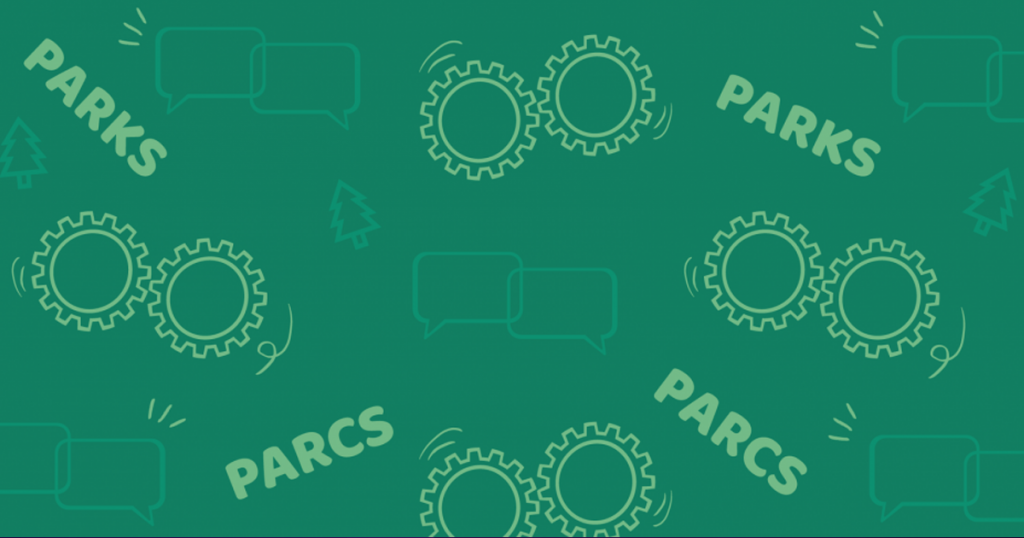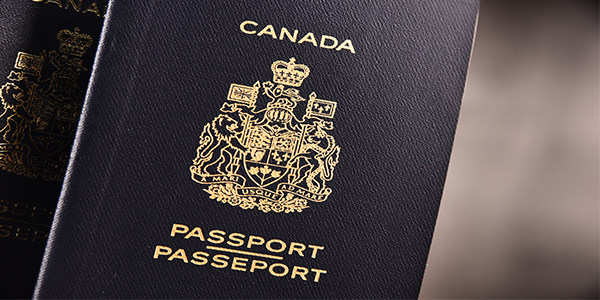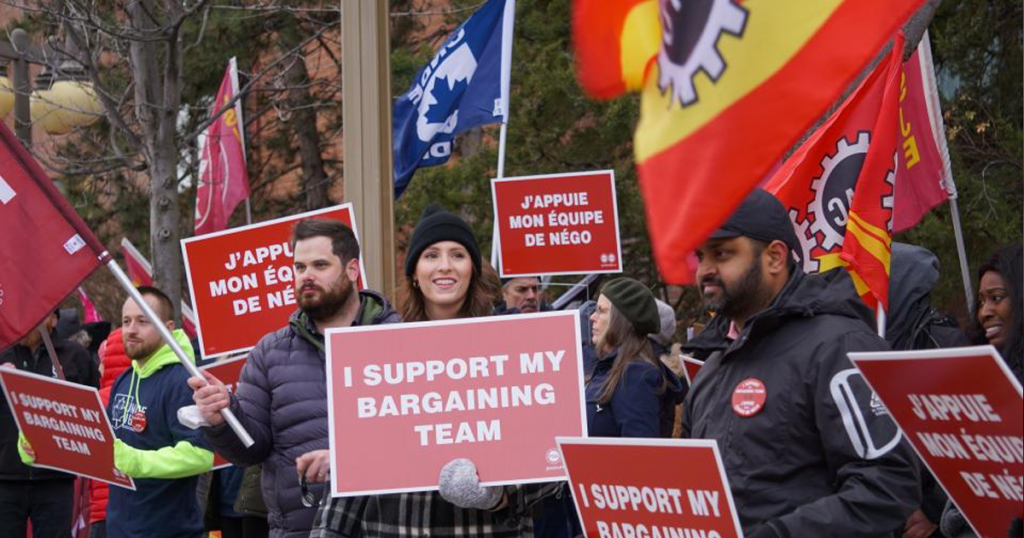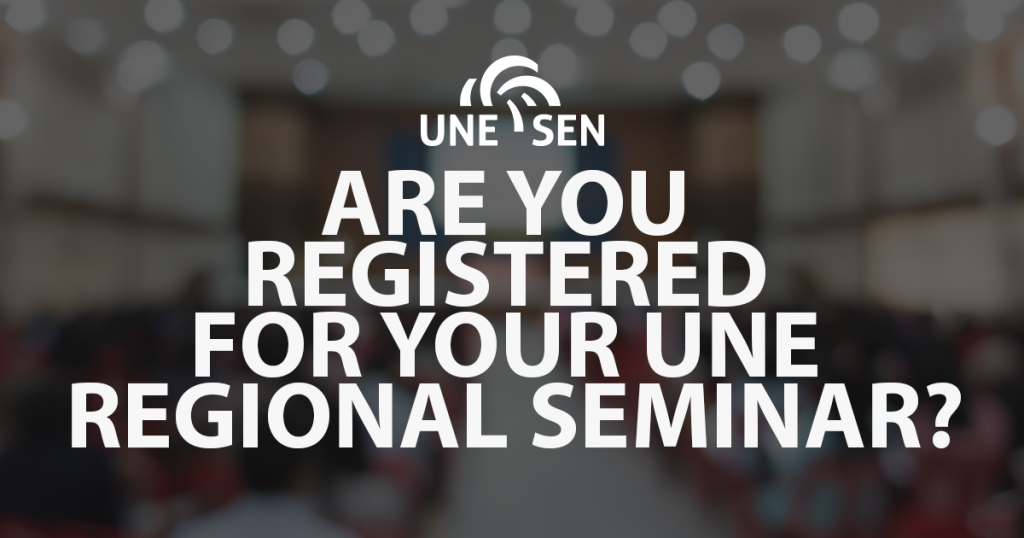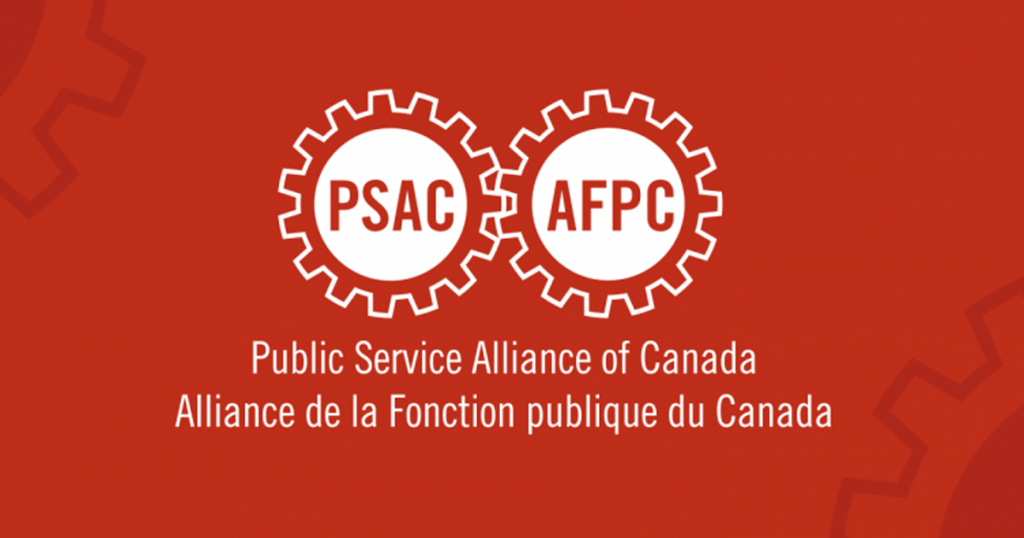
Black History Month is an opportunity to reflect on and celebrate the contributions and accomplishments of Black leaders, workers, cultures and communities across Canada. Our labour movement has been shaped and fortified by the leadership of people of African and Caribbean descent, and we are proud to build and grow in solidarity together toward a more equitable future.
This Black History Month, PSAC invites you to register for a national virtual panel discussion on February 20, 2023 with Black leaders in Canada’s labour movement.
“Black History Month is about honouring Black excellence and the continued perseverance of leadership within our communities,” said Craig Reynolds, PSAC Ontario Regional Executive Vice-President, who will moderate the event.
“We have been at the forefront of the fight to end racism and discrimination, rallying for workers’ rights and transforming our labour movement into a powerful avenue for social change. Our accomplishments must be recognized, and our achievements celebrated.”
Join us to celebrate Black labour leaders in Canada. Learn about the victories and challenges faced by Black labour leaders, how they bring a more inclusive approach to labour’s agenda and are shifting the landscape towards a more equitable workplace and society for everyone.
“Black labour leaders are keeping the movement accountable to end discrimination and remove systemic barriers to make our workplaces more inclusive for everyone,” added Jan Simpson, President of the Canadian Union of Postal Workers, who will be part of the panel.
- What: A virtual panel discussion to celebrate Black leadership in the Canadian labour movement
- Who:
- Craig Reynolds, Regional Executive Vice President for PSAC Ontario (moderator)
- Jan Simpson, President, Canadian Union of Postal Workers
- Jason MacLean, Secretary-Treasurer, National Union of Public and General Employees
- Marc-Édouard Joubert, President, Regional Council, Fédération des travailleurs et travailleuses du Québec
- When: Monday, February 20, 6 p.m. EST
The panel will be offered in English and French with simultaneous interpretation. After registering, you will receive a confirmation email with more details about joining the panel.
